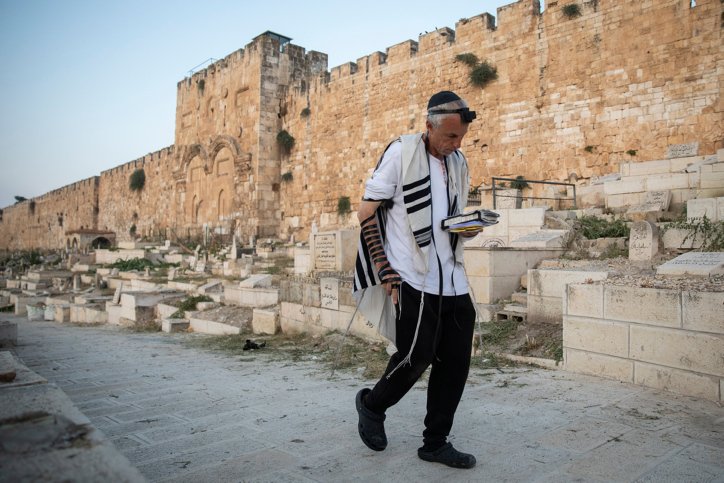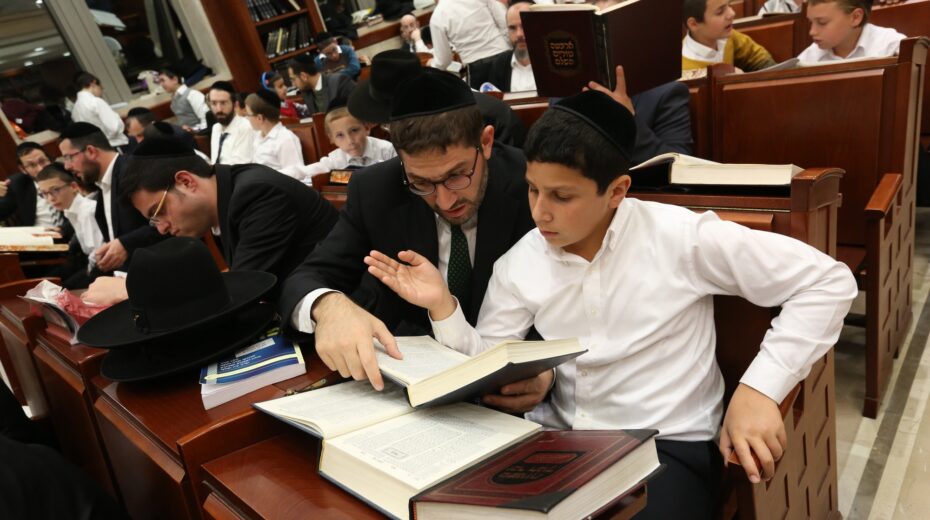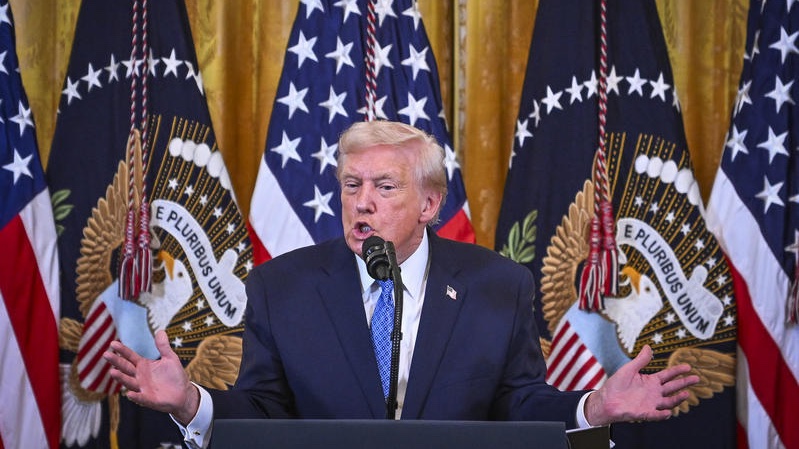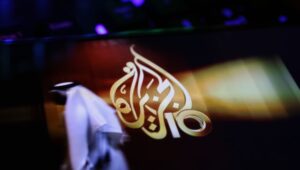Israeli academics and scholars are now willing to recognize that certain Messianic passages were intentionally omitted from the synagogue readings. Research shows that passages were excluded from the weekly portion because of their “Messianic” connotations. Were the passages so clearly pointing to Jesus that the rabbis were afraid to read them in the synagogue, afraid that Jews might believe in Jesus?
A portion of the Torah from Genesis to Deuteronomy, called “Parashat Hashavua,” is read every Shabbat in the synagogue. Added to the Torah portion is the “Haftarah,” which are additional readings taken from the Prophets.
The earliest mention of this practice just happens to be found in the New Testament when Jesus stands up in the synagogue in Nazareth on the Shabbat and reads from the Book of Isaiah. Following that Haftarah, Jesus gives a sermon explaining that he himself is the one about whom the scripture is speaking.
It is well known that the tradition of reading from the Prophets after the Torah portion on Shabbat was an accepted custom in Nazareth several decades before the destruction of the Second Temple. Similar evidence can be found in Acts (13:15).
Deliberate exclusions?
Was it difficult for the rabbis to repeat in synagogue the very scriptures that Jesus used to point to himself as the promised Messiah of Israel? We cannot know for sure because only select portions of the Prophets are read. Whatever the reason, the exclusion of this particular passage which begins in Isaiah chapter 61 from the weekly readings is noteworthy given the fact that the chapters preceding and following, chapter 60 and the end of chapter 61, as well as chapters 62 and 63, are all read each year as part of the Haftarot.
Many other portions of Scripture on which Christians base their faith in Jesus as the Messiah are excluded as well. The well-known, “Behold, a virgin shall conceive, and bear a son” (Isa. 7:14), a crucial passage in Christian theology, is not read. It should be pointed out that the Greek Septuagint translation, used most often by Paul and the Apostles, translates the Hebrew ”alma” as “young maiden,” which is closer to the original meaning. The Hebrew for “virgin” is ”betulah” and is not found in the Isaiah prophecy.
“Behold, my servant shall deal prudently” (Isaiah 52:13) and the following chapter 53 which depicts the “suffering servant” who gives his life in atonement for the sins of humanity is not read in any synagogue. This is significant given the centrality of this passage in the Christian understanding of how Jesus fulfills the Jewish prophecies.
On the second day of Rosh Hashanah, the Jewish New Year which inaugurates the Fall Festivals, the Haftarah is the beautiful passage describing God’s love for Israel from Jeremiah chapter 31. Yet here the Haftarah ends just before the promise of a New Covenant, one of the most commonly quoted passages in the New Testament.
The same treatment is given to Zechariah 12:13, which the New Testament interprets as a prophecy concerning the 30-shekel coins paid in return for Judas’ betrayal of Jesus (see Matthew 26:14-15 and Mark 14:10-11).
Passages like Hosea 11:1: “When Israel was a child, then I loved him, and called my son out of Egypt,” are also excluded, possibly because Matthew uses the verse to explain why the infant Jesus is taken to Egypt and then brought back to Israel. Micah 5:2, which refers to the “ruler of Israel” that would come from Bethlehem (see Matthew 2:6 and John 7:42) is also not read. Also excluded is Zechariah 9:9, “behold, thy king cometh unto thee: he is just, and having salvation; lowly, and riding upon an ass, and upon a colt the foal of an ass.” According to Christian belief this verse was fulfilled when Jesus entered the Jerusalem riding a donkey (see Matthew 21:5 and John 12:14-15). Other examples could be cited.

The exclusion of Messianic passages in the weekly readings was finally raised some time ago at the prestigious World Congress of Jewish Studies held in Jerusalem. For the first time, participants called for ongoing research on the subject, including a critical discussion of how to determine the sources of the custom of eliminating Messianic Haftarot.
The research into this phenomenon is ongoing and has been kept secret for far too long, and may be the first in an encouraging step toward restoring some of the key Messianic prophecies back to the synagogue and the Jewish people who gave them to us.
See related:














